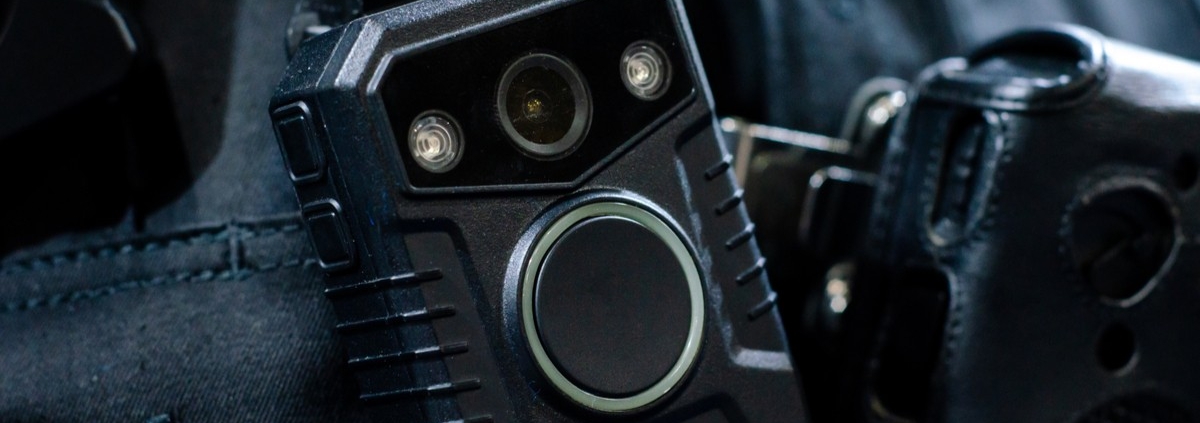Police Body Cams and Your Miranda Rights: Another Reason to Invoke the Fifth
Just about every U.S. citizen knows their Miranda Rights. They’ve heard them in television shows and films since they were kids. The recitation of rights goes something like this:
- You have the right to remain silent.
- Anything that you say can and will be used against you in a court of law.
- You have the right to speak with an attorney and have an attorney present during questioning.
- If you cannot afford an attorney, one will be provided for you.
The Burden of Proof is on the Prosecution
Since 1966 and the U.S. Supreme Court case of Miranda vs. Arizona, every person who is placed under arrest in the United States must be advised of their Miranda rights. That’s because pursuant to the Fifth Amendment of the U.S. Constitution, no person can be required to be a witness against himself or herself. A presumption of innocence exists, and the prosecution has the burden of proving its case against a defendant beyond a reasonable doubt. A person who is under investigation for a crime is under no legal obligation to help police and prosecutors with their case, especially if that person is giving evidence like a confession that a conviction might pivot on.
Say as Little as You Need to Say
It’s human nature for people to try and explain themselves out of an encounter with police. What’s dangerous about that is that you don’t know what the police officer who is investigating a crime might know, and you may unknowingly give evidence that tends to incriminate you. Remember that you’re likely on camera, so be ready to give your name and address. For anything beyond that, invoke your Fifth Amendment right, and tell the officer that you’re exercising your right to remain silent and wish to have a lawyer present. If the officer persists with questioning, you have the reciprocal right to persist in remaining silent and asking for a lawyer to be present.
What You Say and Do is Evidence
Remain civil and well-mannered at all times. A judge is likely to view your encounter on video, and it might even go to a jury. There’s no reason to prejudice yourself or your case with a poor demeanor. Scowling, raising your voice, aggressive body language and incivility might be interpreted as signs of guilt. All of that is evidence when a police officer is wearing a body cam.
It’s Permissible for Police to Lie to You
Don’t do the jobs of the police officer and prosecutor for them. Exercise your right to remain silent along with your right to an attorney. After an arrest, don’t believe any promises that a police officer might make to you either. They’re not enforceable, and police officers know that. In nearly all instances, it is perfectly legal for a police officer to lie to you in order to get a confession. Only promises made by prosecutors should be considered, and these should only be considered with the sound advice and counsel of an attorney.
If you’re being placed under arrest, remember that you’re probably being recorded on a body cam. Politely persist in your right to remain silent until such time as you’re able to consult with and retain an experienced and effective criminal defense lawyer. It’s the best thing that you can do to preserve and protect your rights.












Leave a Reply
Want to join the discussion?Feel free to contribute!